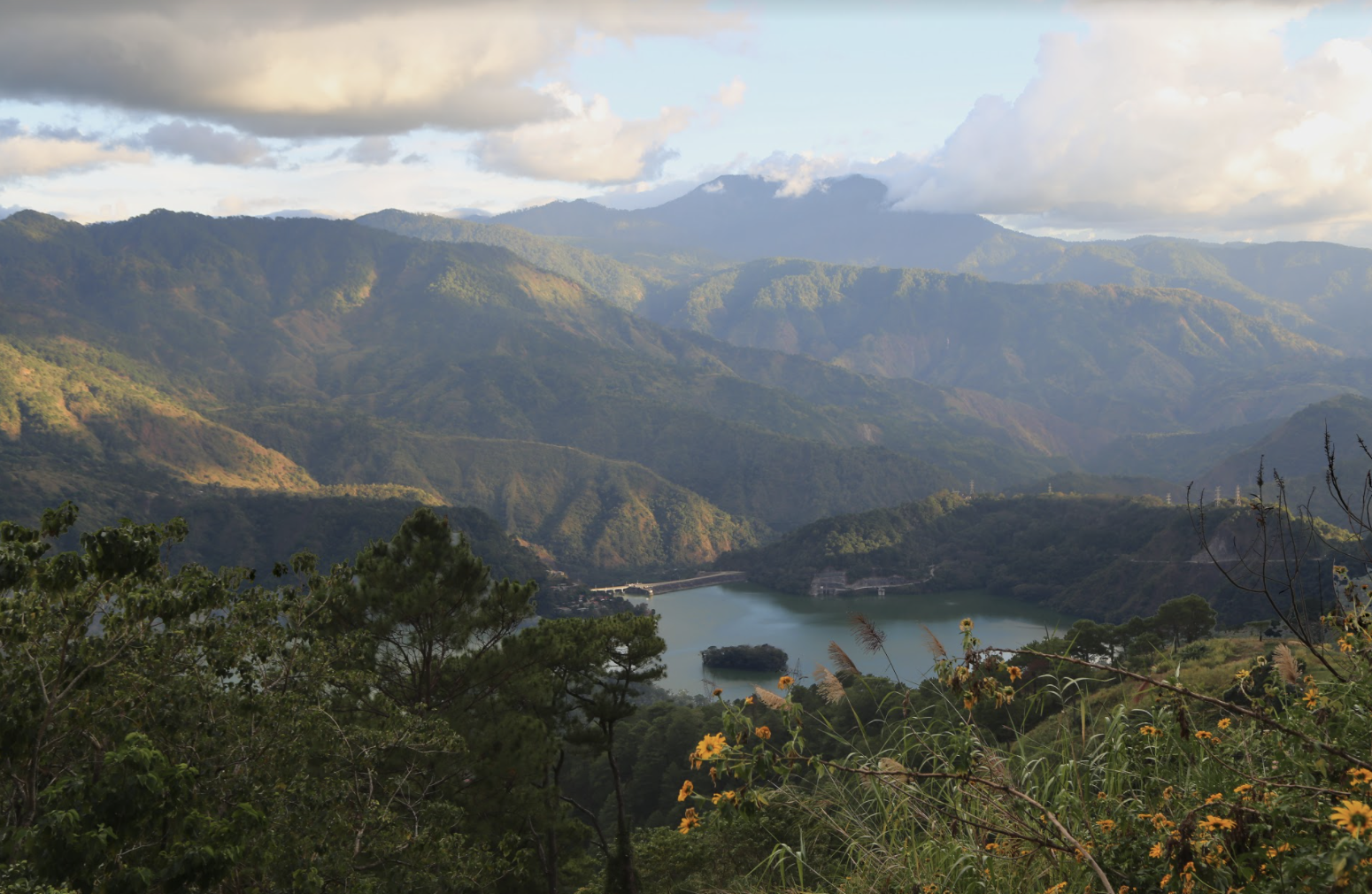PARTNERSHIPS KEY TO PROTECTING BENGUET WATERSHED
Posted on July 02, 2021
Climate change and its impacts are increasingly felt across the globe, and the Philippines, with its exposure to climate-related hazards such as typhoons, floods, and droughts, is in a particularly vulnerable spot. The COVID 19 pandemic has thrown into even greater relief the need for responses that balance short-term needs and long-term goals by addressing the economic and livelihood losses of the past year while continuing to support sustainability and conservation.
In this new reality, SN Aboitiz Power Benguet, Inc. SNAP-Benguet remains committed to environmental sustainability through programs that aim to preserve and restore natural resources as well as develop its host communities, which have continued in spite of the challenges of the past year.
SNAP sustainability framework in particular is oriented around collaborative watershed management, with the objective of creating more value-added and meaningful impact to host communities. Its watershed management program is meant to complement local development plans and the initiatives of watershed management councils, IP organizations, and local government units LGUs.
iWatershed or the Integrated Watershed Management Information System project, set up in late 2017, is a repository of geographic information system-based information and real time data on the status of watersheds covered by SNAP-Benguet’s operations, especially on critical conditions such as water inflow, land use, soil erosion, and disaster landslide and flooding vulnerability. It also works as a decision support system in predicting the spatial impact of investments and business prospects on the watershed level. The project is currently undergoing enhancements to improve its design and platform capabilities.
For the Ambuklao-Binga watershed in Benguet which covers around 85,000 hectares, SNAP collaborates with the National Power Corporation NPC, the Department of Environment and Natural Resouces (DENR), and the LGUs of four provinces and 13 municipalities, including the Shakilan ni Ikulos Indigenous Peoples Organization SNI IPO and Tinongdan Indigenous Peoples Organizations TINPO in its host communities of Ambuklao and Binga.
In 2019, SNAP entered into a Joint Project Undertaking with TINPO, SNI IPO, and the Ambuclao Coffee Growers Association for the management of environmental activities in the Ambuklao-Binga watersheds. The agreements cover five year Work and Financial Plans for each organization totaling around Php 8.7 million for the reforestation of the watershed through APARK, the Aboitiz Group’s largest environmental sustainability program; maintenance of bamboo and coffee plantations; and implementation of protection activities.
So far, the indigenous peoples and people organizations have planted a total of 18,000 endemic seedlings such as bamboo, Benguet pine, cypress, and Arabica and Robusta coffee in Bokod and Itogon. This brings SNAP-Benguet’s total number of seedlings planted to around 154,000 since 2009 under its sustainability program, and in support of AboitizPower’s Aboitiz Passion to Agroforestry and Reforestation to Keep APARK Program.
While activities have been limited this year due to the pandemic, the company plans to plant an additional 10,000 seedlings through joint initiatives with host communities such as its annual tree-planting activity to celebrate Arbor Day on June 25. SNAP has also shifted to virtual events, such as a webinar on environmental awareness attended by thirty college scholars for World Environment Day, held on June 5.
Partnerships, particularly with the LGUs and indigenous peoples organizations, is crucial to the success of these projects. “SNAP recognizes that the indigenous peoples in our host communities had long been the steward of our environment and natural resources, and it is only natural that they are our partners in conserving and protecting these resources,” said SNAP Group’s Vice President and Chief Corporate Affairs Officer, Atty. Mike Hosillos.
“Watershed management is important to us as a hydropower generator, but also to our communities,” he added. “We need to look beyond the short- and medium term and consider the sustainability and long-term benefits our projects bring to our project partners and host communities.”
About SNAP-Benguet:
SN Aboitiz Power-Benguet (SNAP-Benguet) is a joint venture of Scatec and Aboitiz Power Corporation (AP).
Scatec is a leading renewable power producer, delivering affordable and clean energy worldwide. As a long-term player, Scatec develops, builds, owns, and operates solar, wind, and hydro power plants and storage solutions. Scatec has more than 3.5 GW in operation and under construction on four continents and more than 500 employees. The company is targeting 15 GW capacity in operation or under construction by the end of 2025. Scatec is headquartered in Oslo, Norway and listed on the Oslo Stock Exchange under the ticker symbol ‘SCATC’.
AP is the holding company of the Philippines-based Aboitiz Group’s investments in power generation, distribution, and retail electricity services. It advances business and communities by providing reliable and ample power supply at a reasonable and competitive price, and with the least adverse effects on the environment and host communities.
SNAP-Benguet owns and operates the 105-MW Ambuklao and 140-MW Binga hydroelectric power plants in Benguet. The non-power components such as dams, reservoirs, and spillways are owned and managed by the government. In line with established protocols, SNAP operates the spillway gates during normal conditions and the government takes over operations during extraordinary conditions.